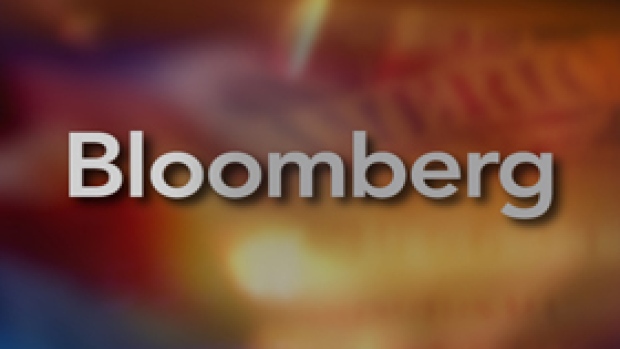May 25, 2022
Most Accurate Economist Sees Nigeria Raising Key Rate to 14%
, Bloomberg News

(Bloomberg) -- The economist who most accurately predicted the Nigerian central bank’s blockbuster interest rate hike on Tuesday reckons there are more to come as election season ramps up in Africa’s biggest democracy.
Politicians stocking up dollars to fund electoral campaigns in the runup to the vote next February have sent the naira plummeting and inflation soaring. That helped spur the central bank to raise rates for the first time in six years, said Abdulazeez Kuranga, a senior analyst at Lagos-based Cordros Capital Ltd. and one of only two out of 10 economists who correctly forecast a rate increase in a Bloomberg survey.
“Inflationary pressure will be increasing given the election spending,” he said. “It is driving the demand for money in the domestic economy and causing inflationary pressure.”
Read: Politicians Seeking Dollars Drive Nigerian Naira to New Low
Kuranga forecast the central bank will hold at its next meeting in July, but that rates will hit 14% by the end of the year if inflation continues to accelerate. He correctly predicted a cut in November 2020, but then forecast an increase in May 2021 before the bank left rates unchanged.
Governor Godwin Emefiele cited accelerating inflation as the reason for raising the benchmark rate to 13% from 11.5%. The monetary policy committee’s focus on inflation aligns it with central banks around the world that have taken a more hawkish stance amid rising prices caused by supply-chain bottlenecks due to Russia’s war with Ukraine and China’s coronavirus lockdowns.
The Nigerian Stock Exchange’s benchmark index fell 1.8% after the announcement, the steepest decline in 11 months.
“Government borrowing costs, external and domestic, are sure to rise and capital intensive and interest-rate sensitive sectors such as manufacturing and oil and gas will see a net rise in operating costs,” said Ikemesit Effiong, head of research at SBM Intelligence. “This factor may account for why the committee didn’t opt for a bigger price hike.”
Naira Fall
The hike may temporarily stem a decline in the naira, which has hit record lows of more than 600 per dollar on the black market in recent days. The increase may also signal a change in Nigeria’s currency policy, said Razia Khan, head of research for Africa and the Middle East at Standard Chartered Bank.
“The obvious question here is whether this might be the precursor to a foreign-exchange policy that might make today’s tightening that much more effective,” said Khan, who forecast a 50 basis-point increase but didn’t take part in the Bloomberg poll. “This could be the most important signal yet of eventual foreign-exchange policy intentions, but we will not really know until we see whether and how much market rates reprice.”
Economists, the International Monetary Fund and the World Bank have long pressed the central bank to unify the nation’s multiple exchange rates. The naira officially trades at 419 per dollar.
The decision to raise rates came days after the governor abandoned plans to run for president of Africa’s most-populous country under the ruling party’s ticket. His brief foray into partisan politics sparked outrage across the political spectrum, with critics wondering whether he could remain nonpartisan in his ostensibly apolitical post.
©2022 Bloomberg L.P.






